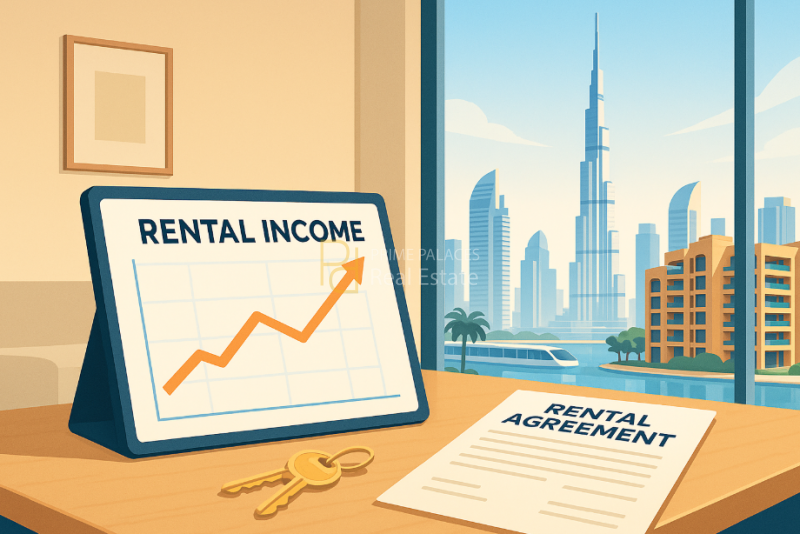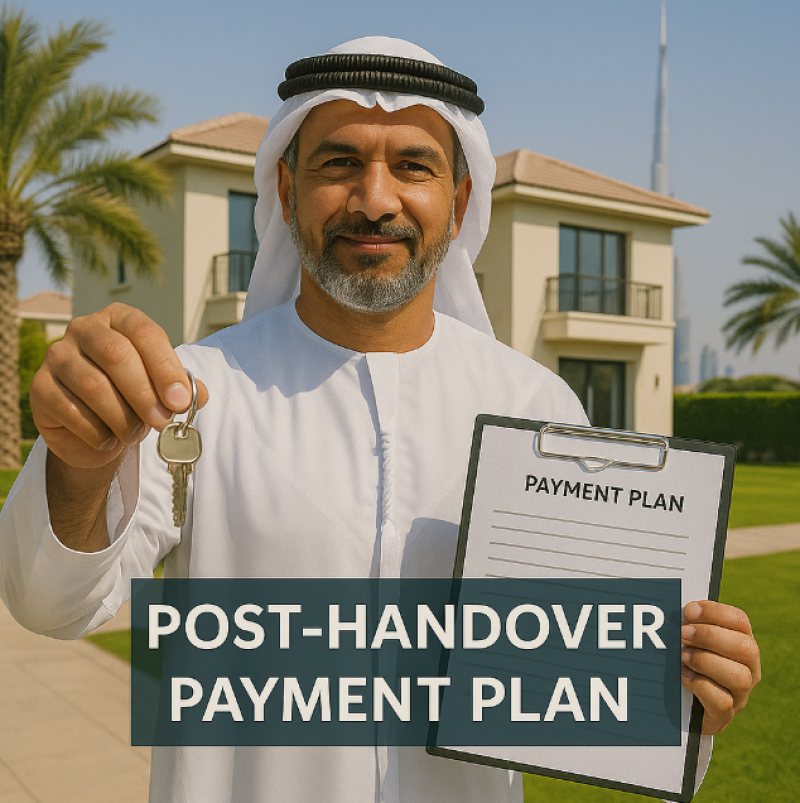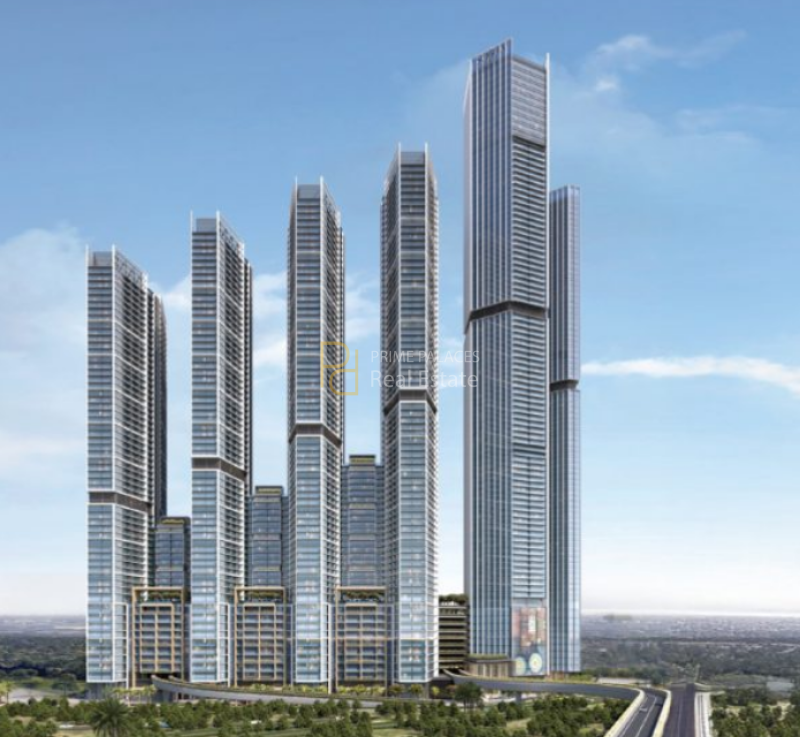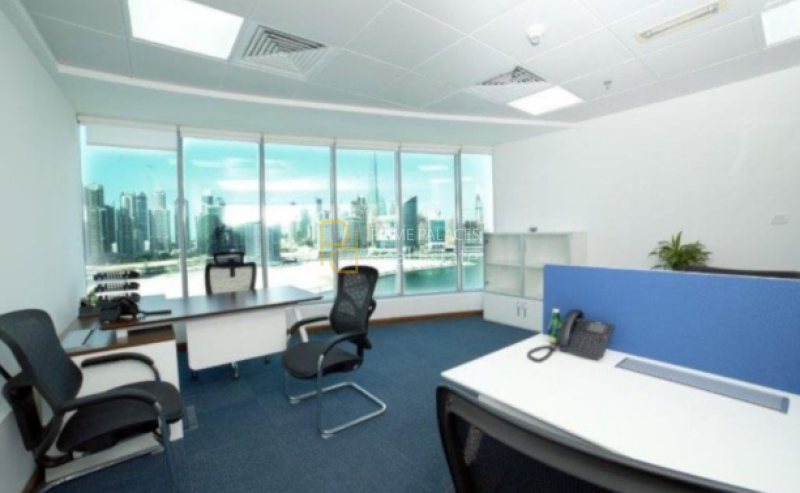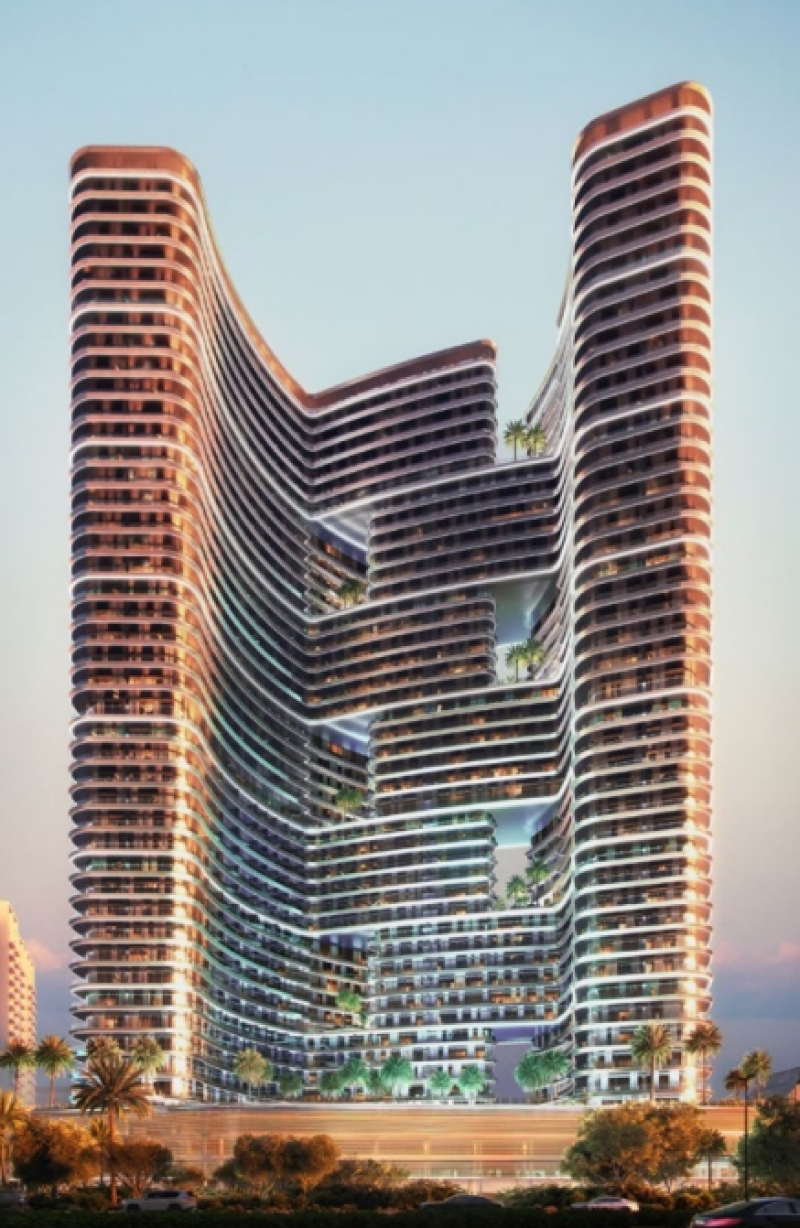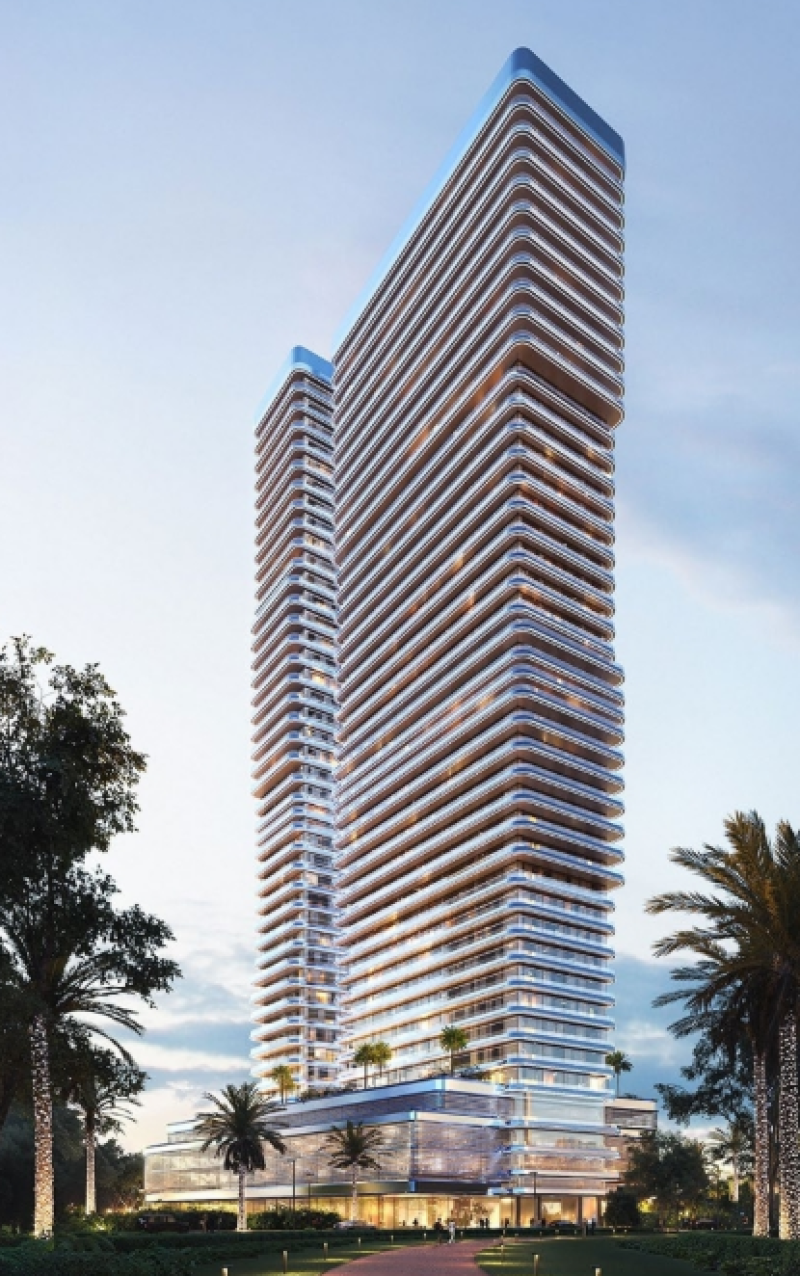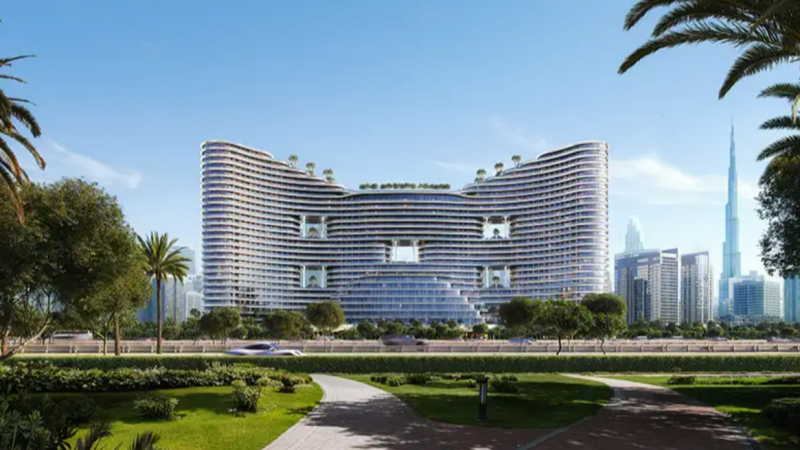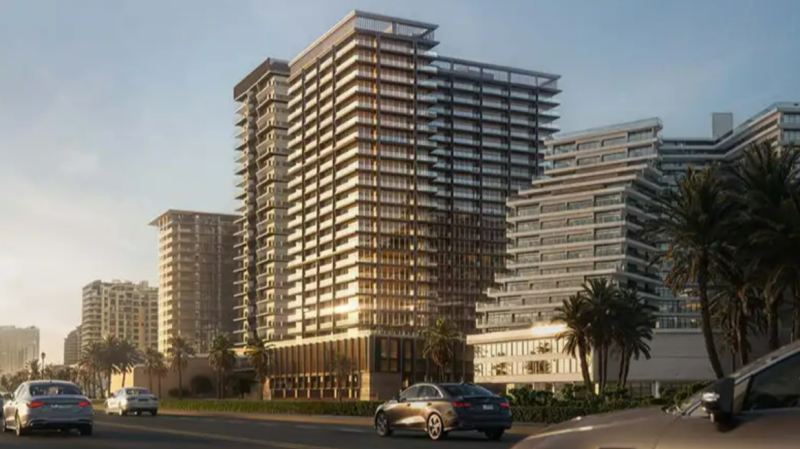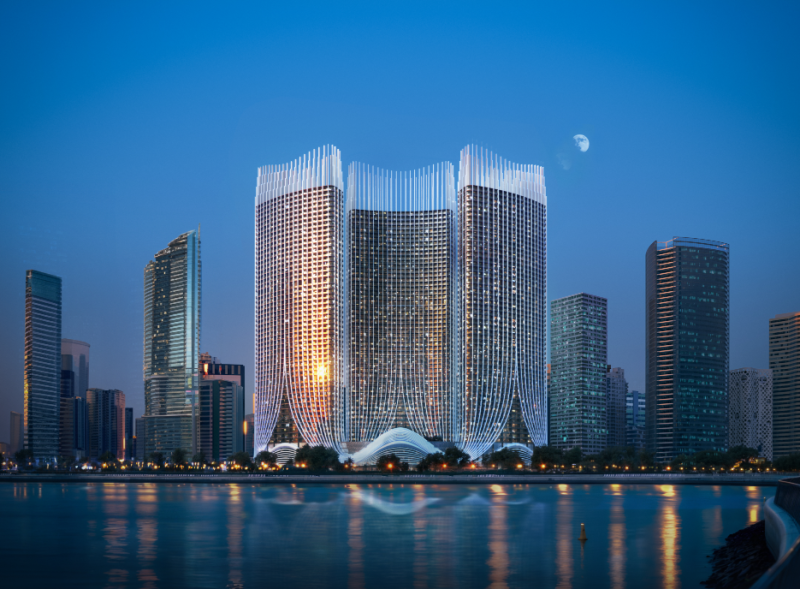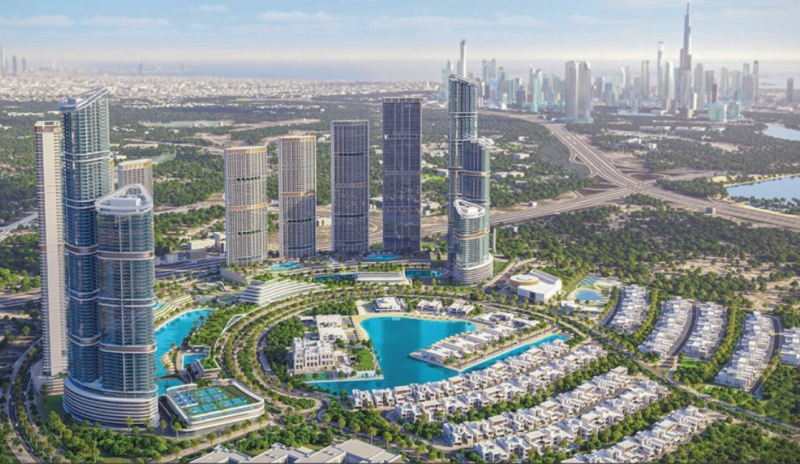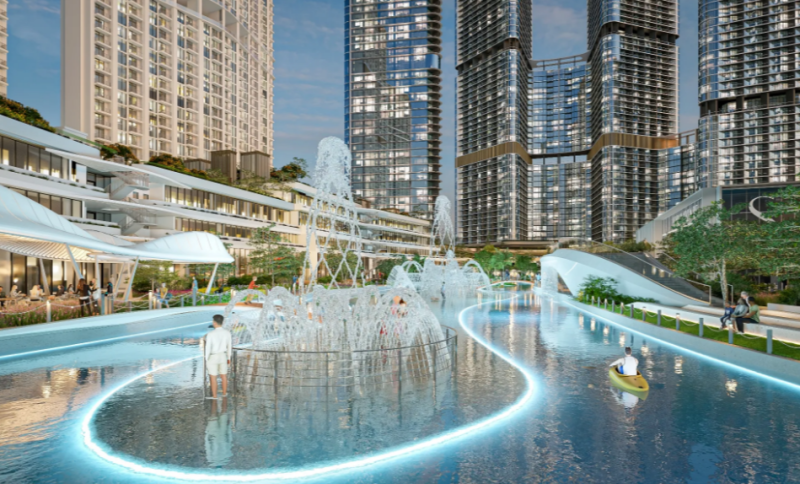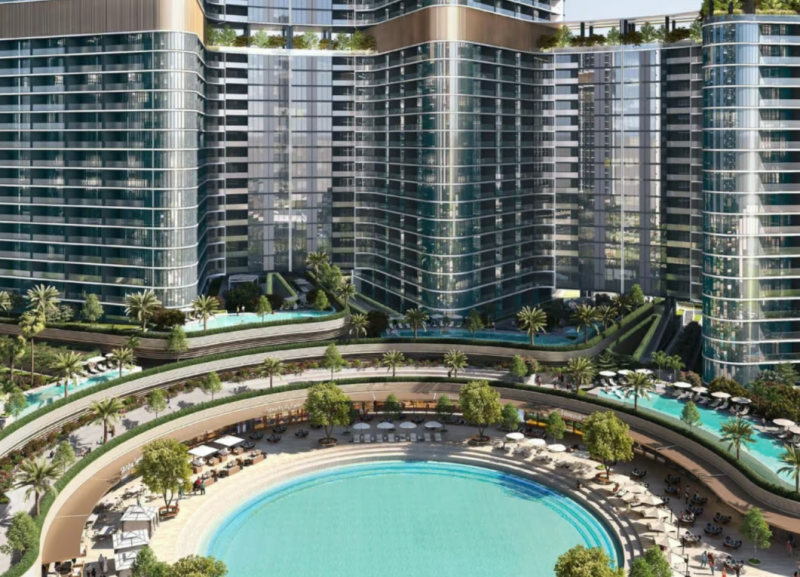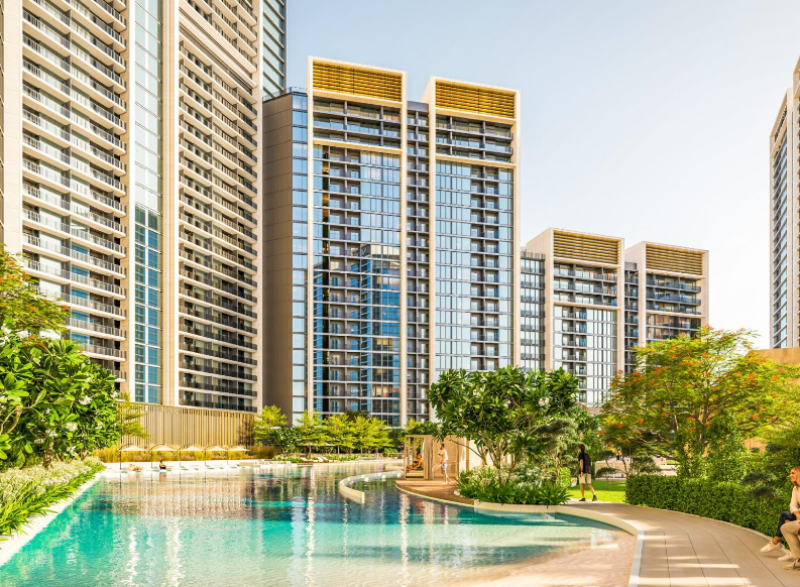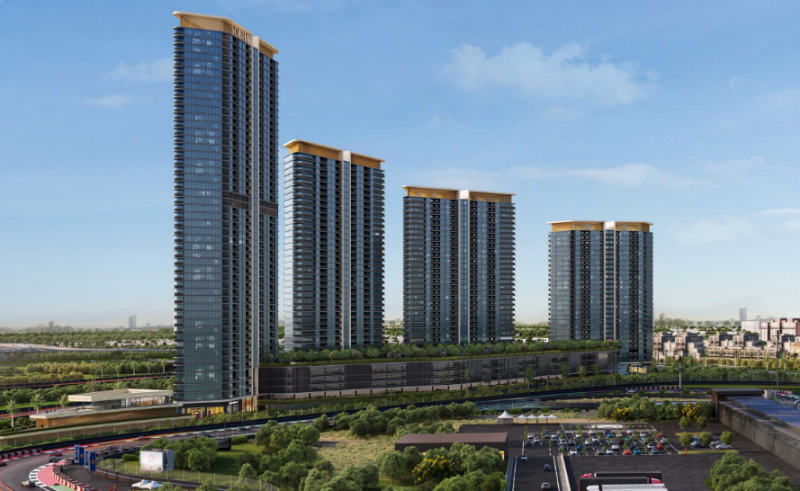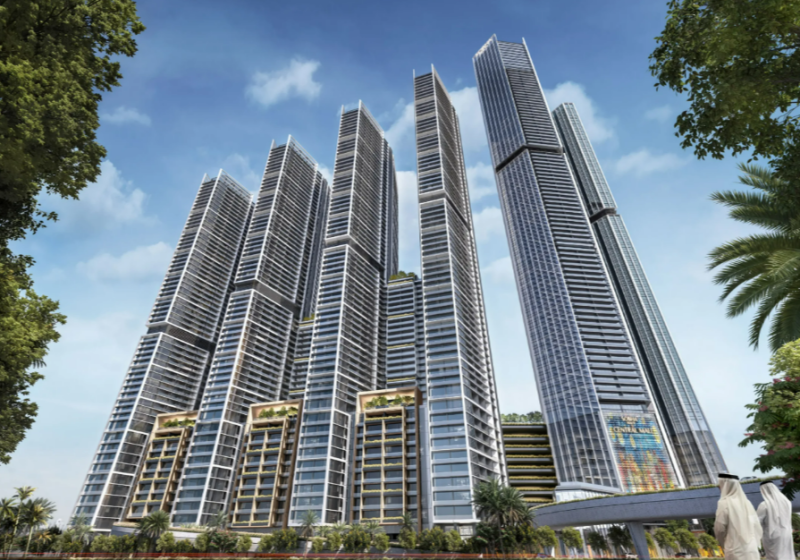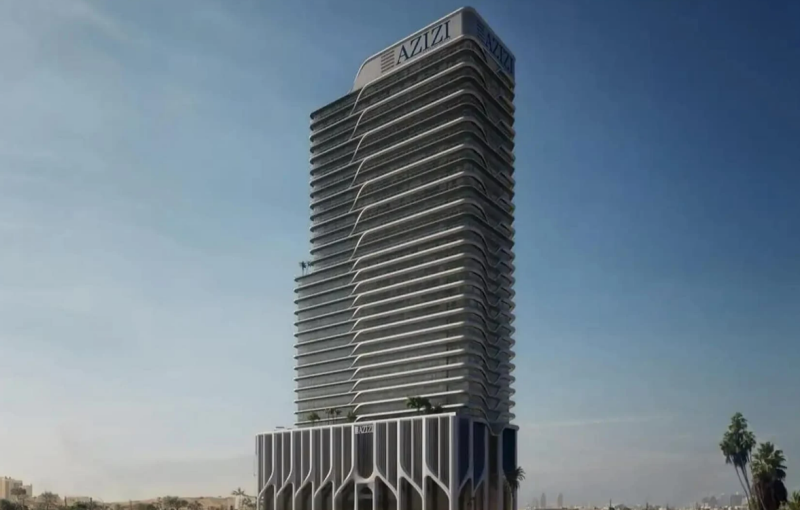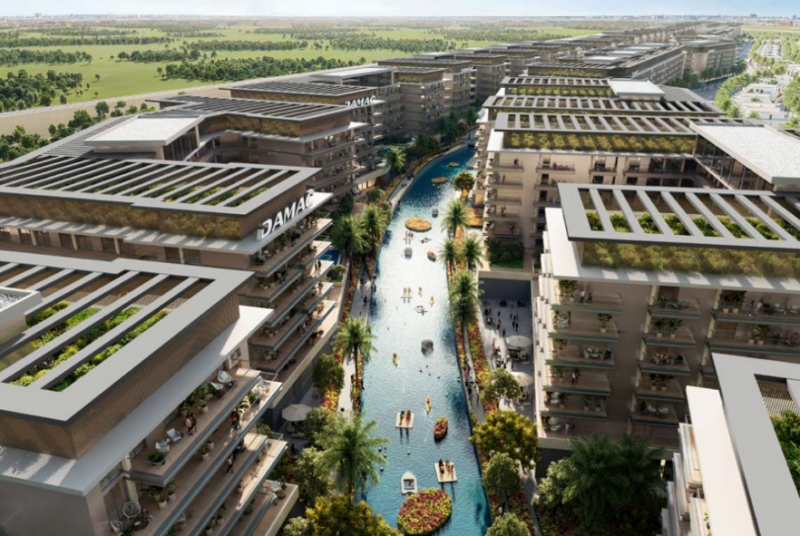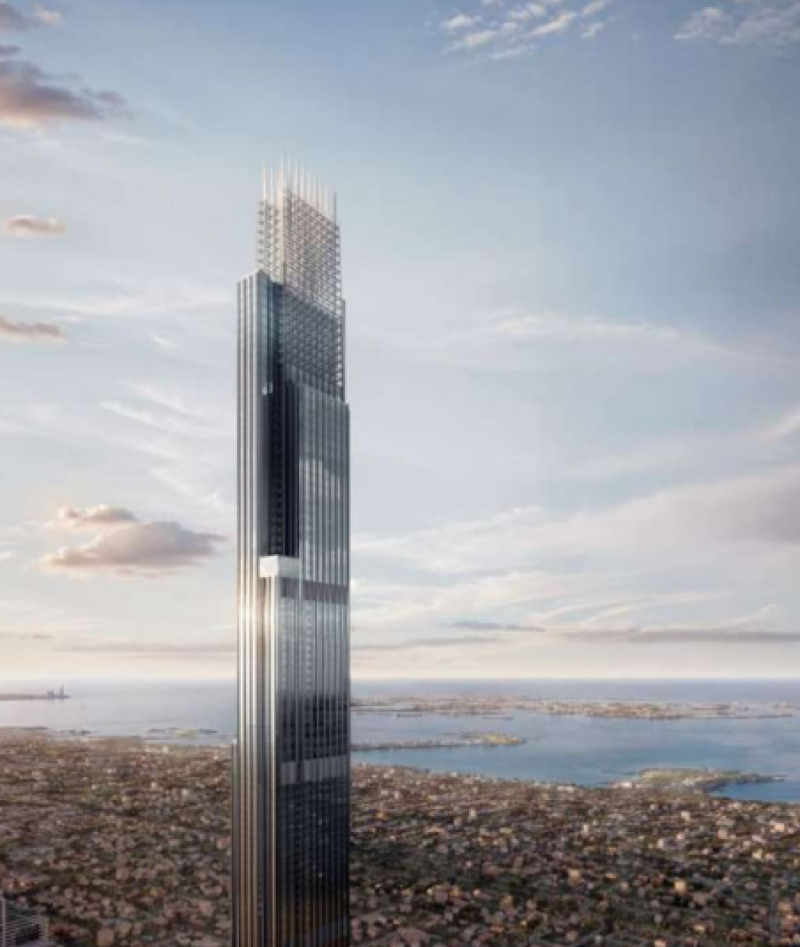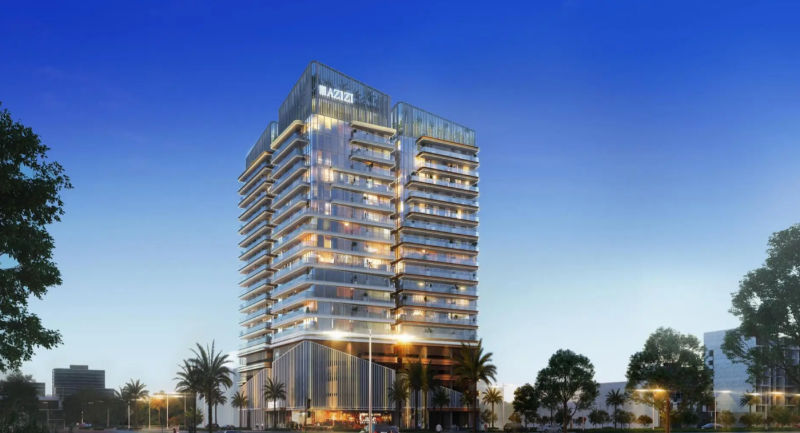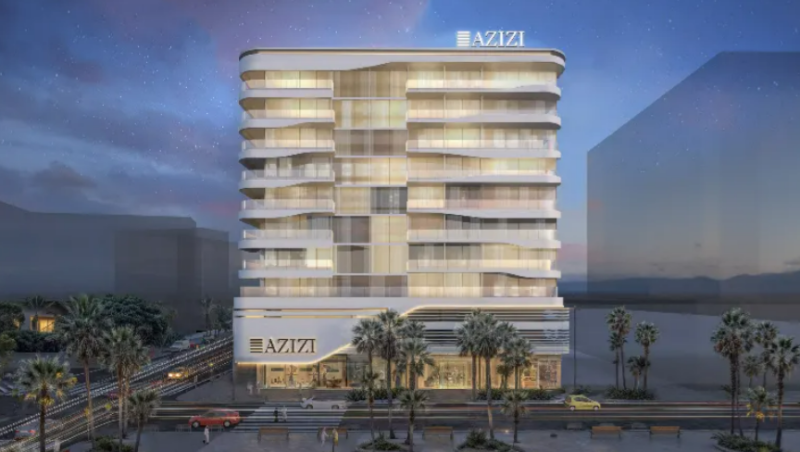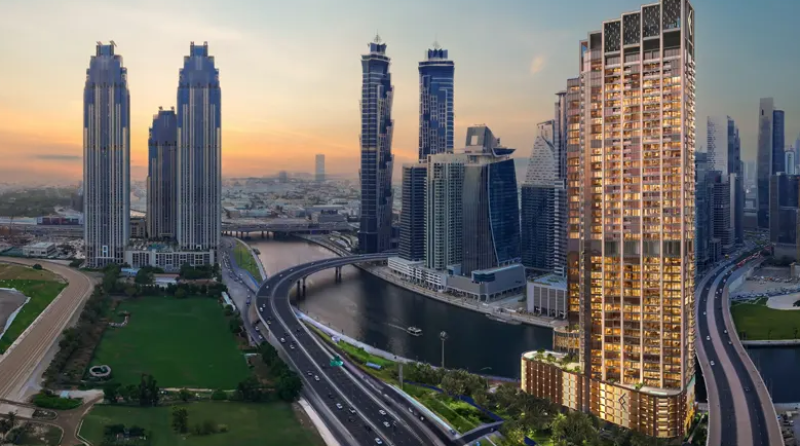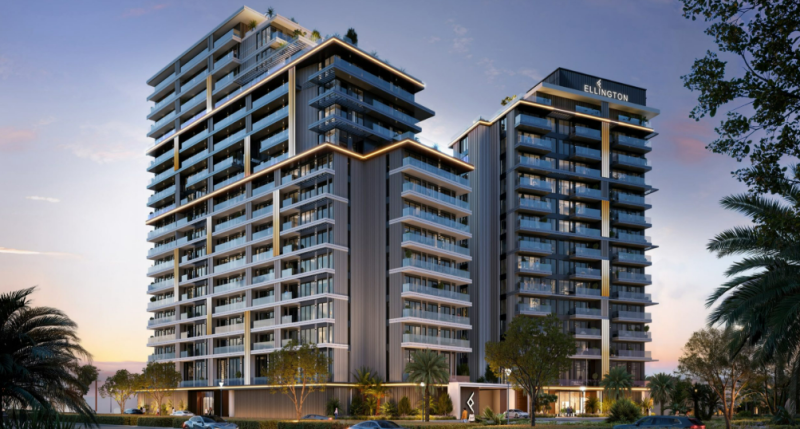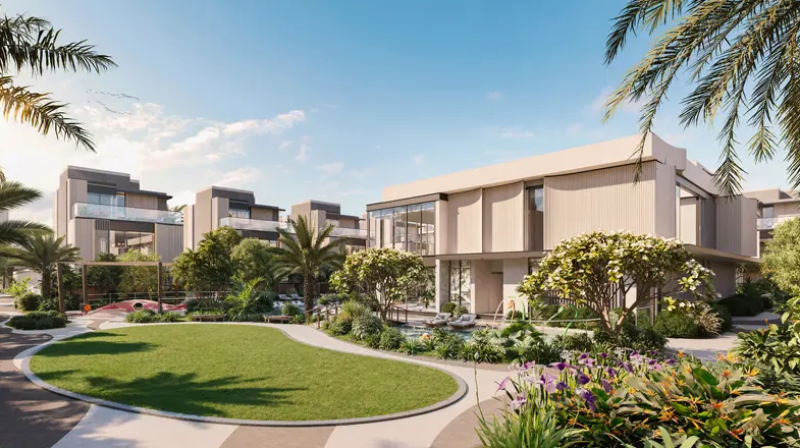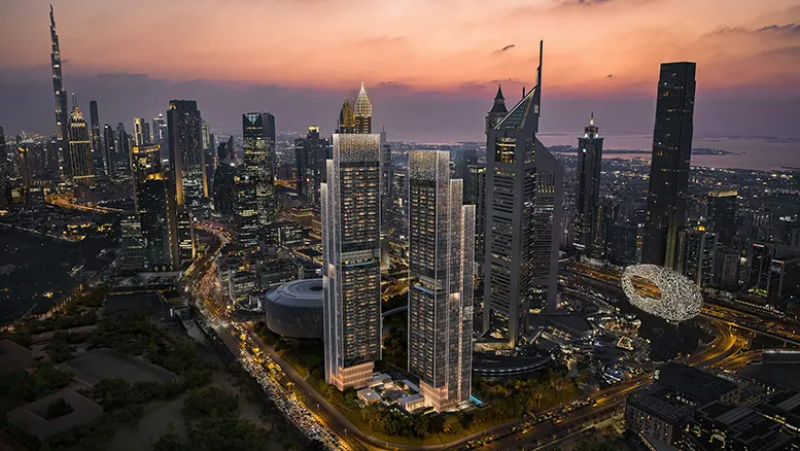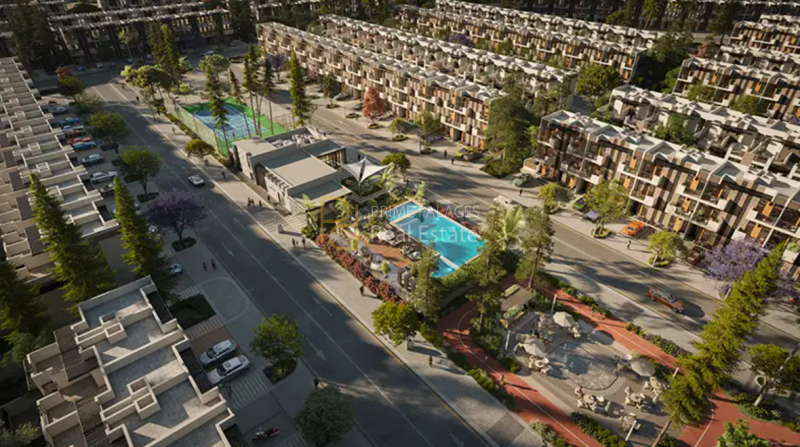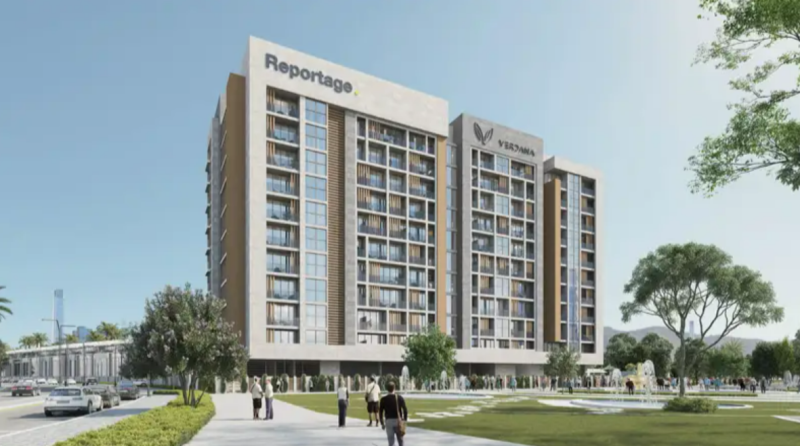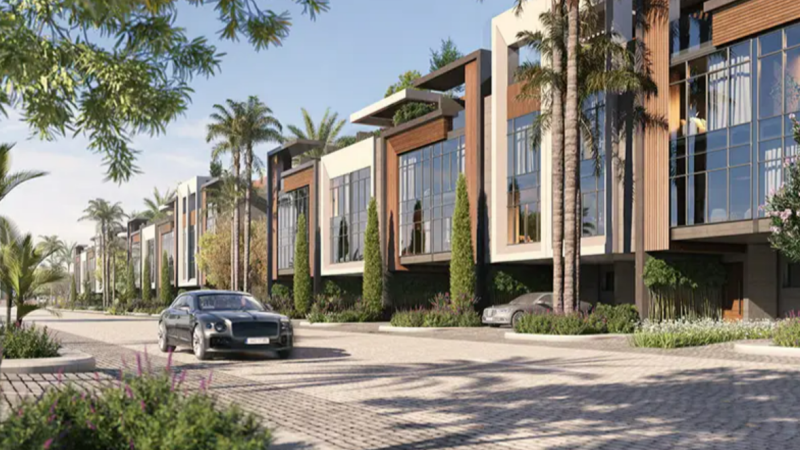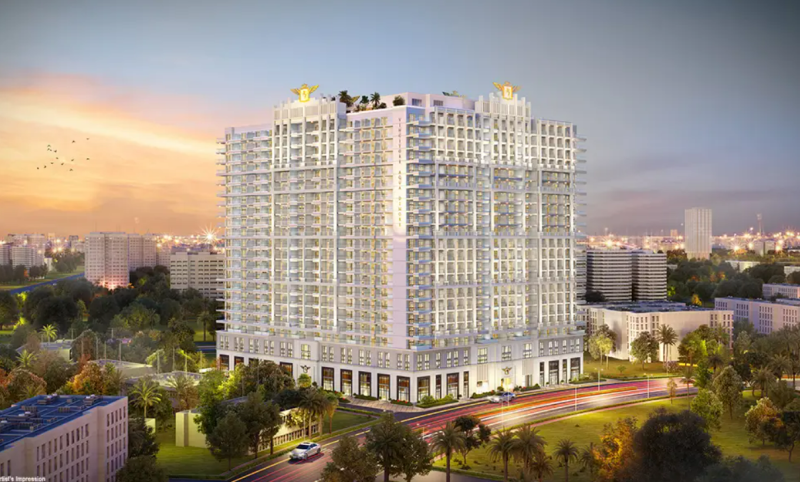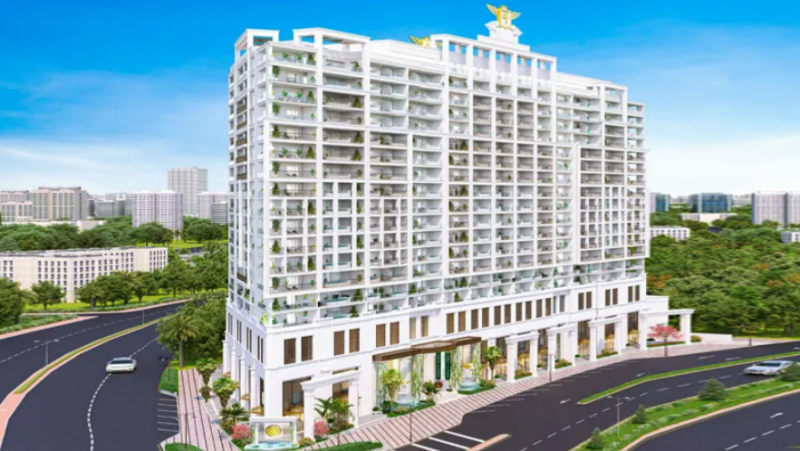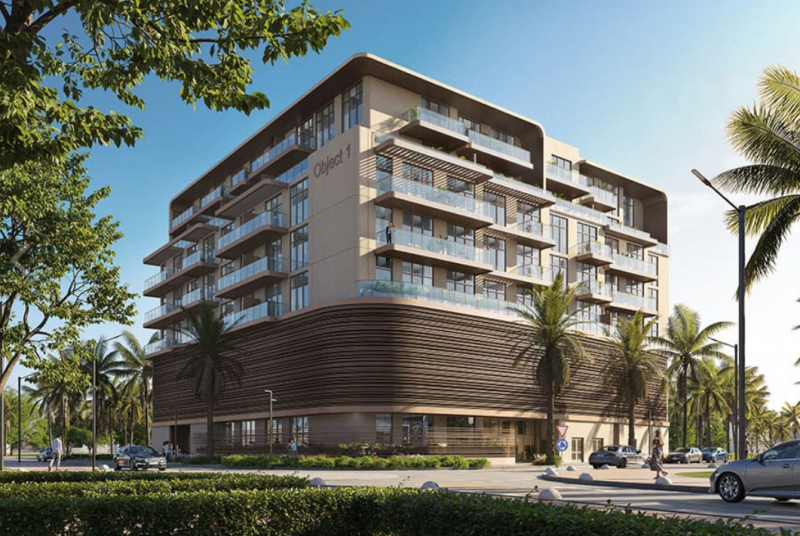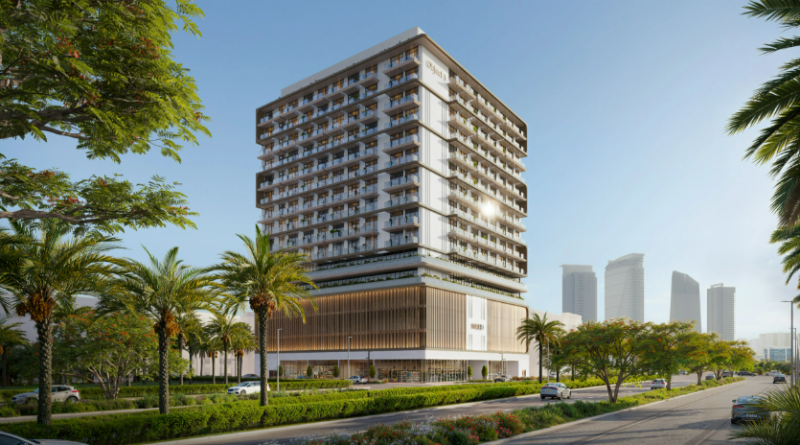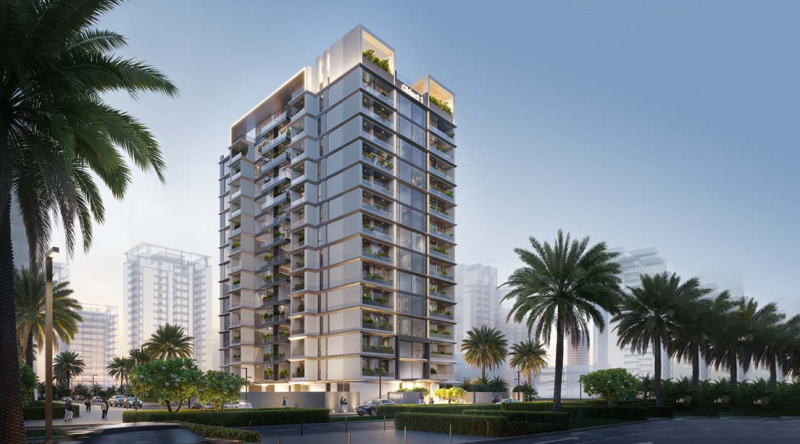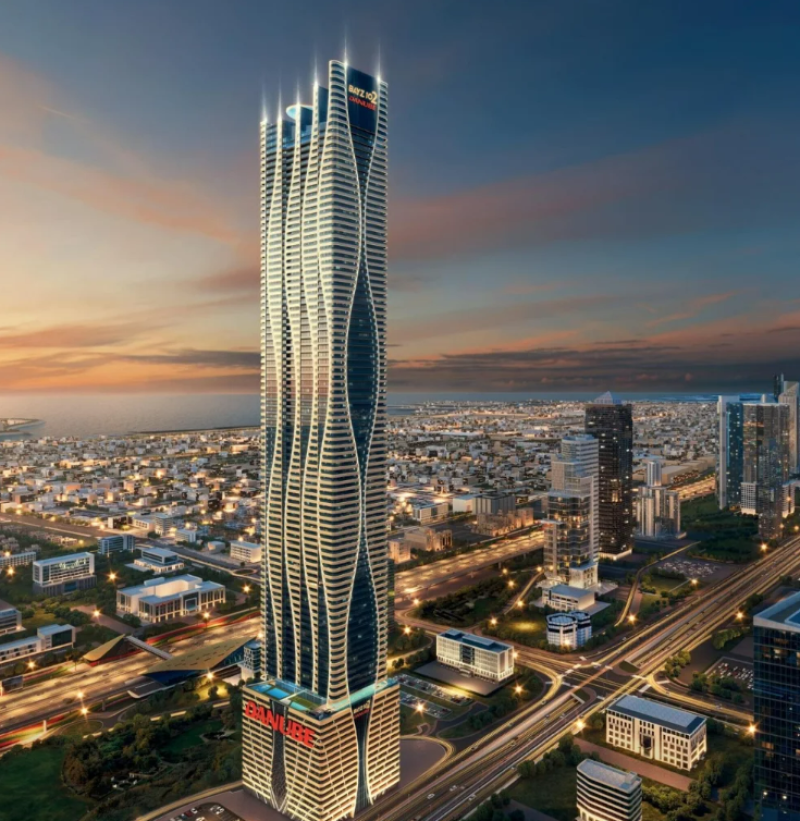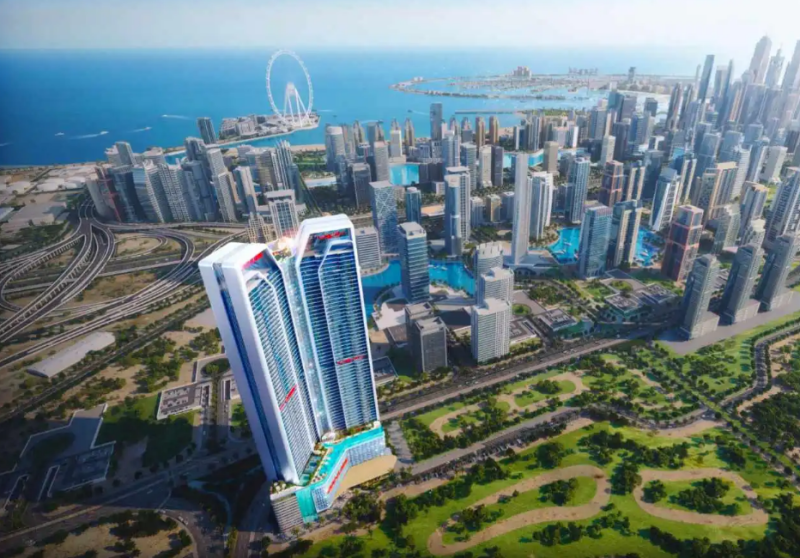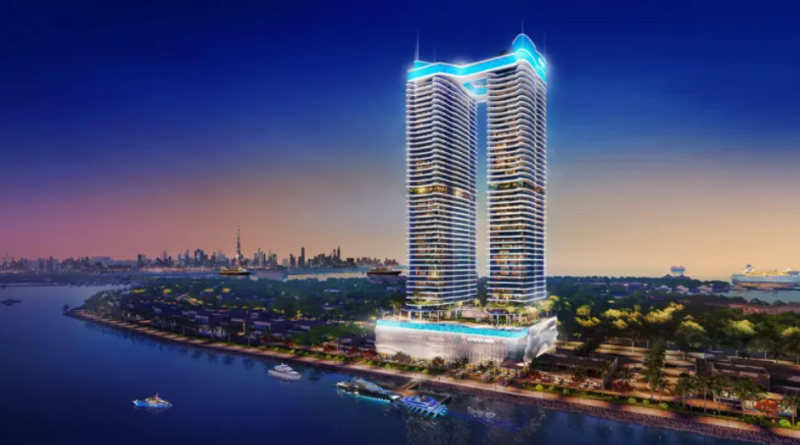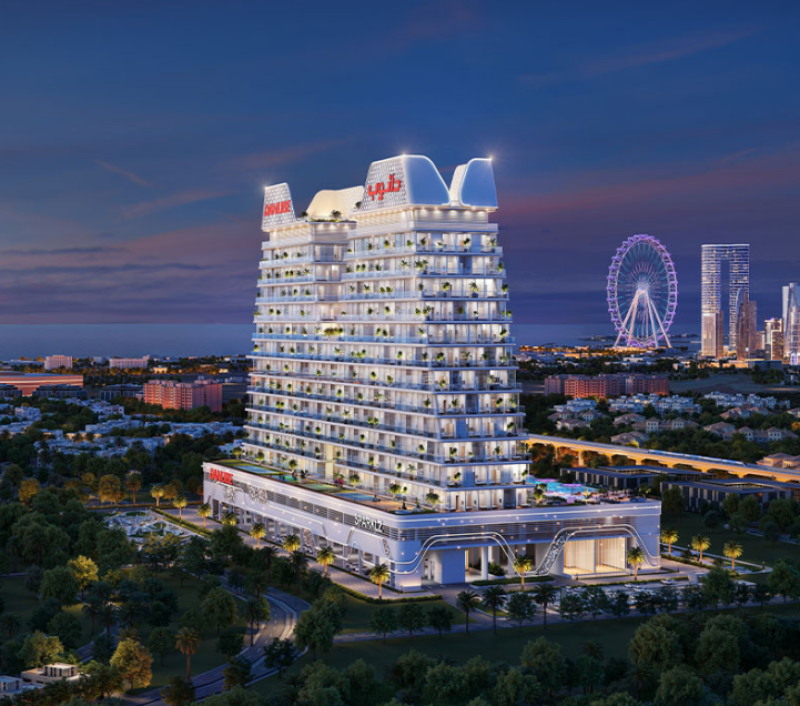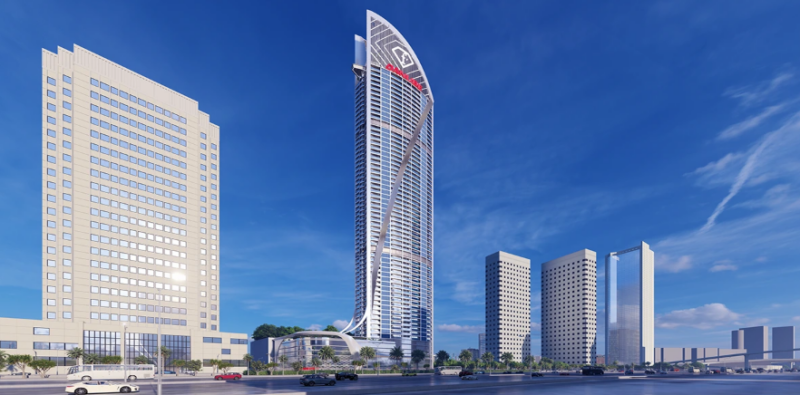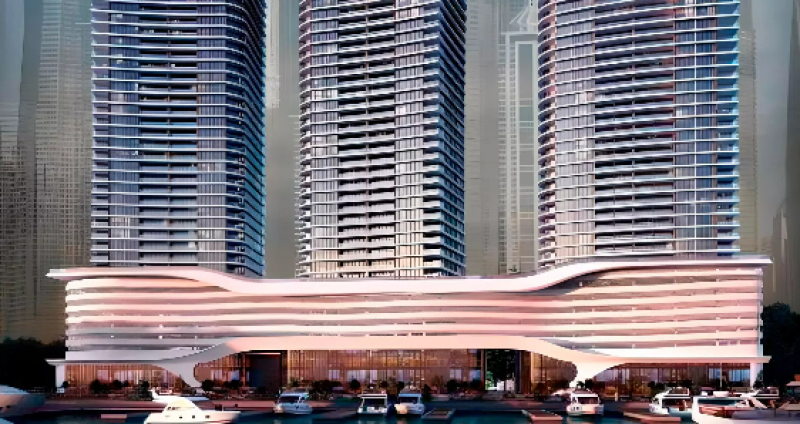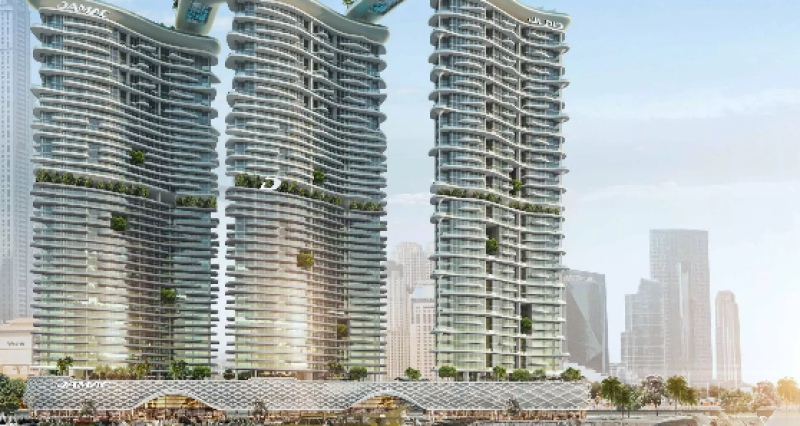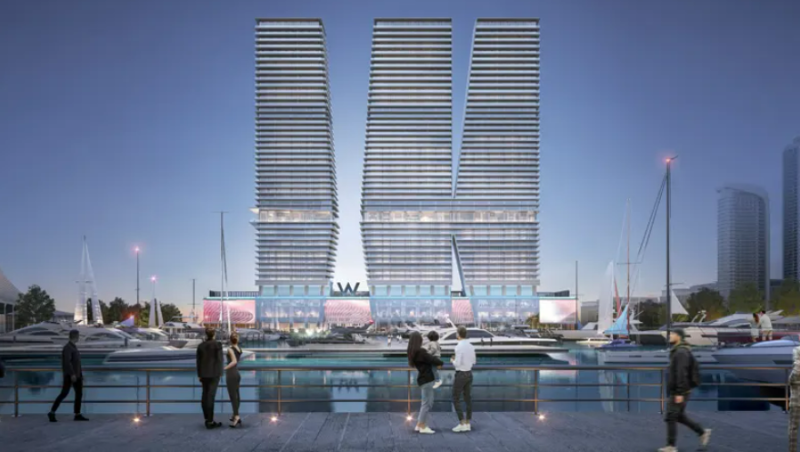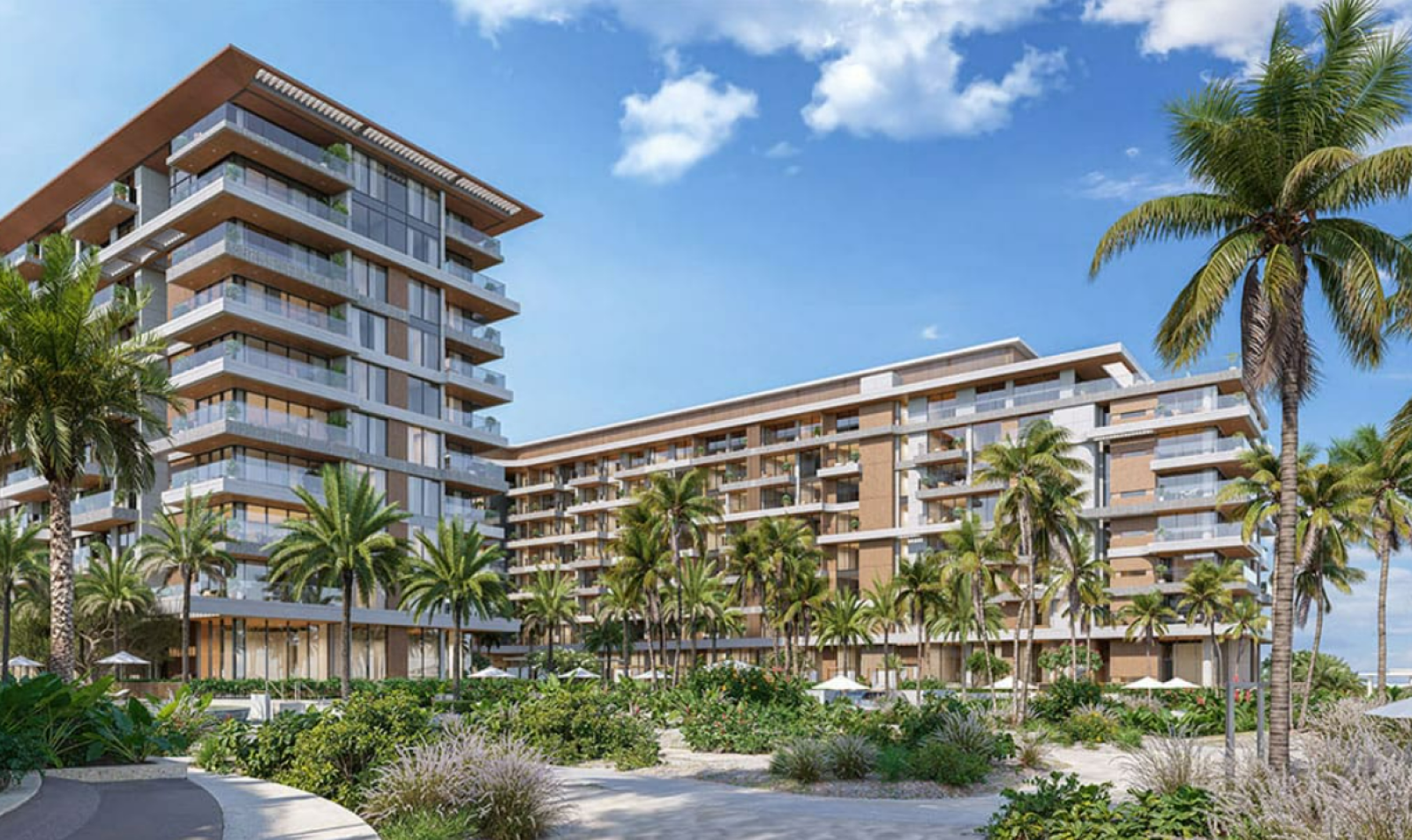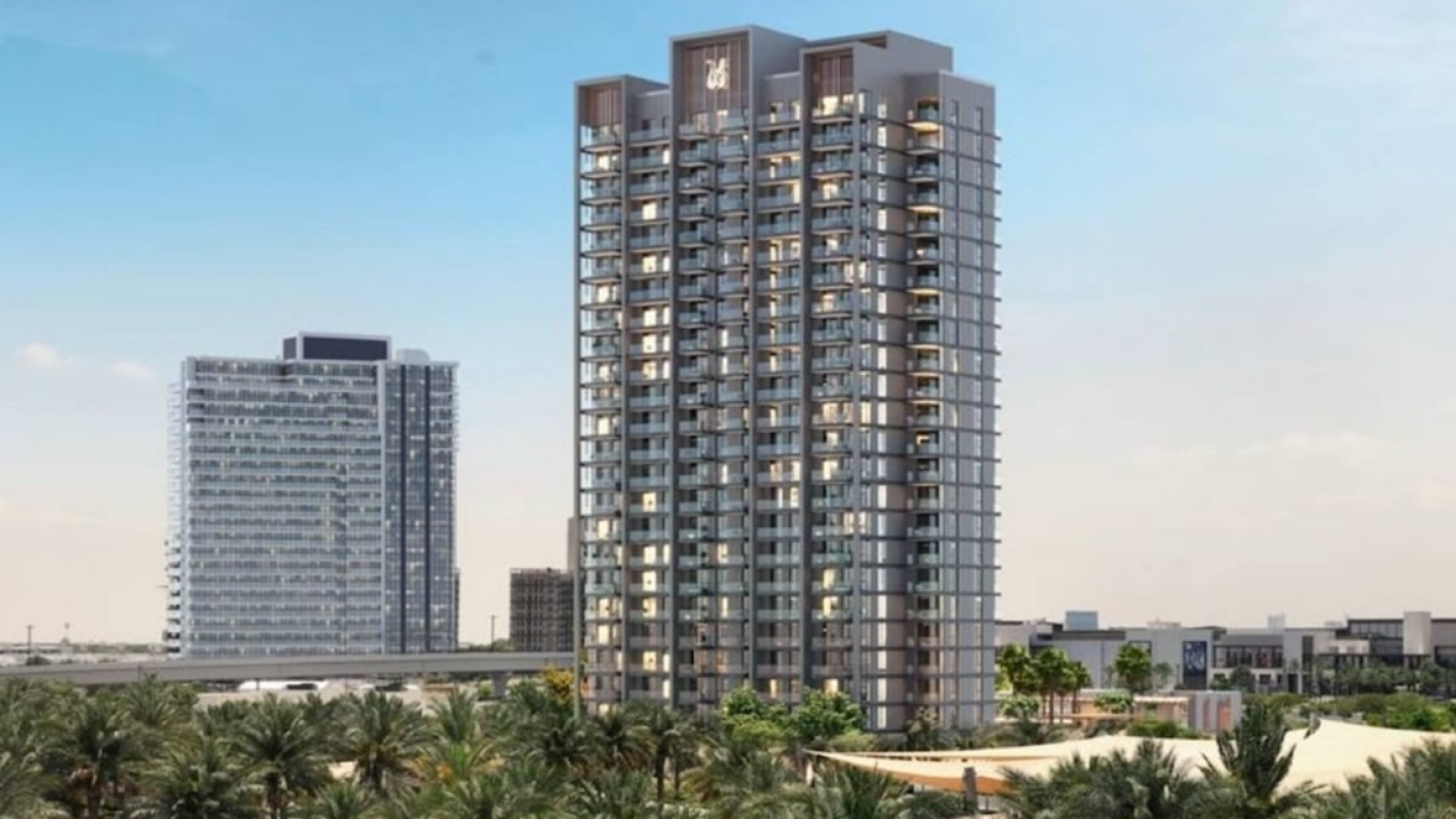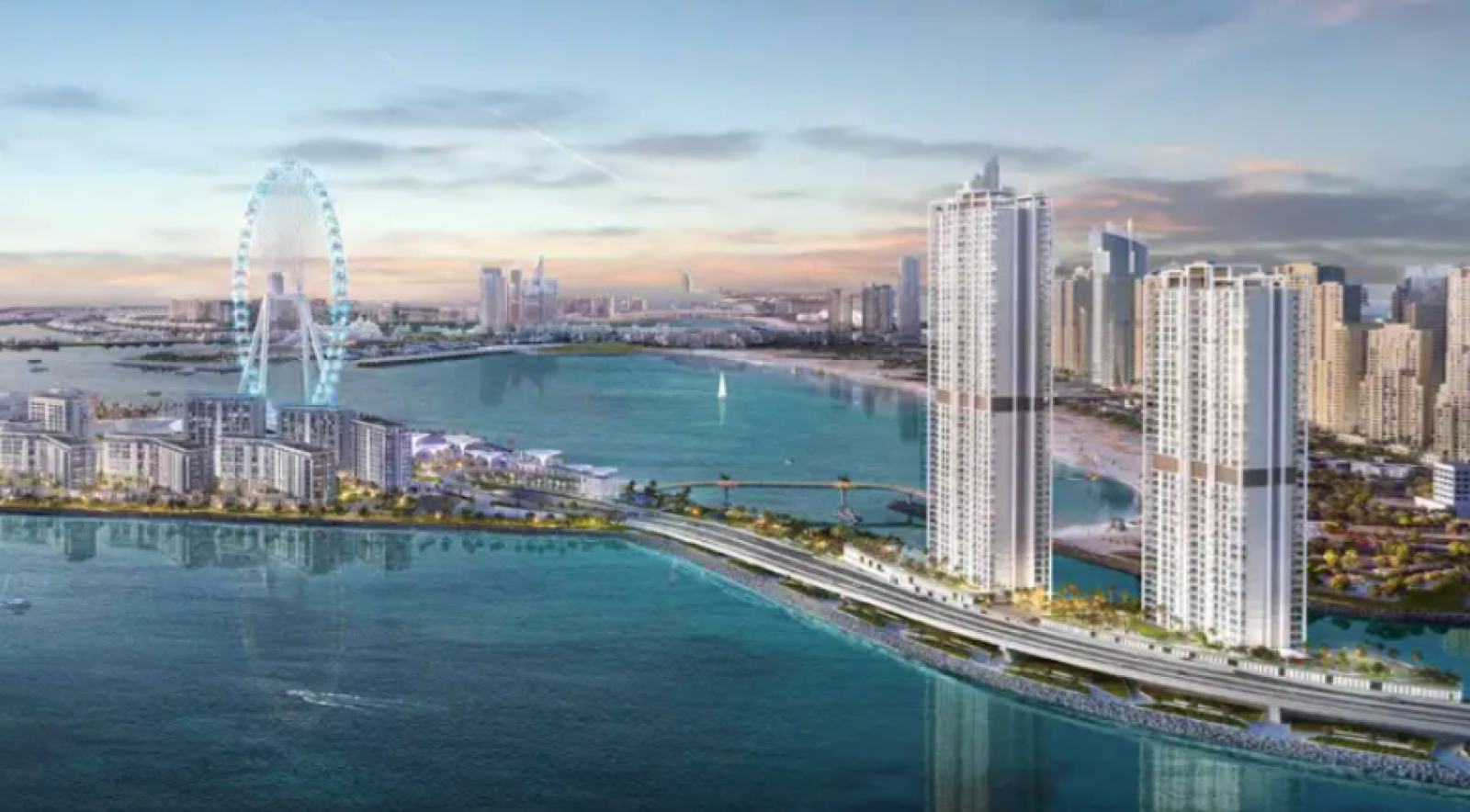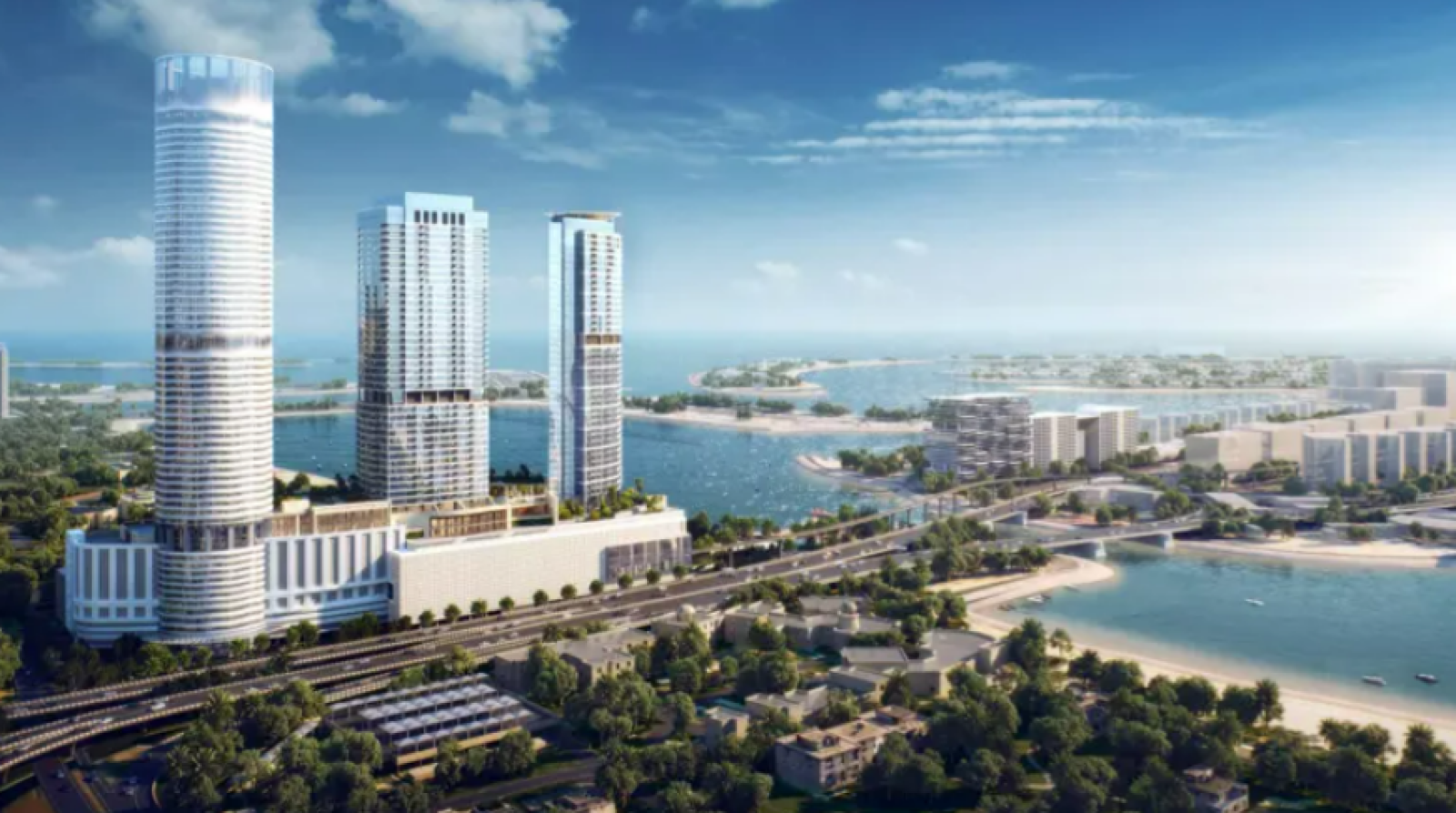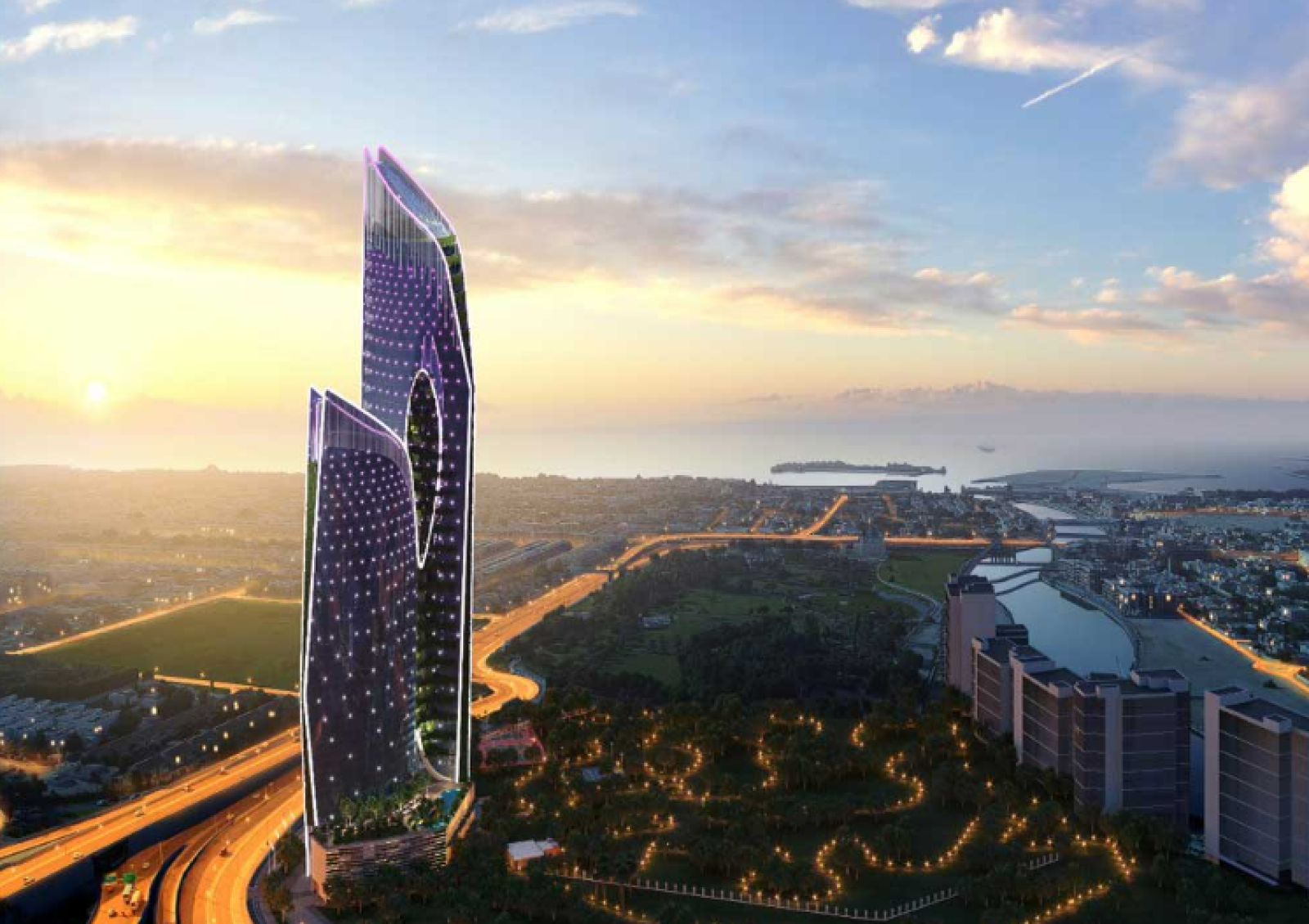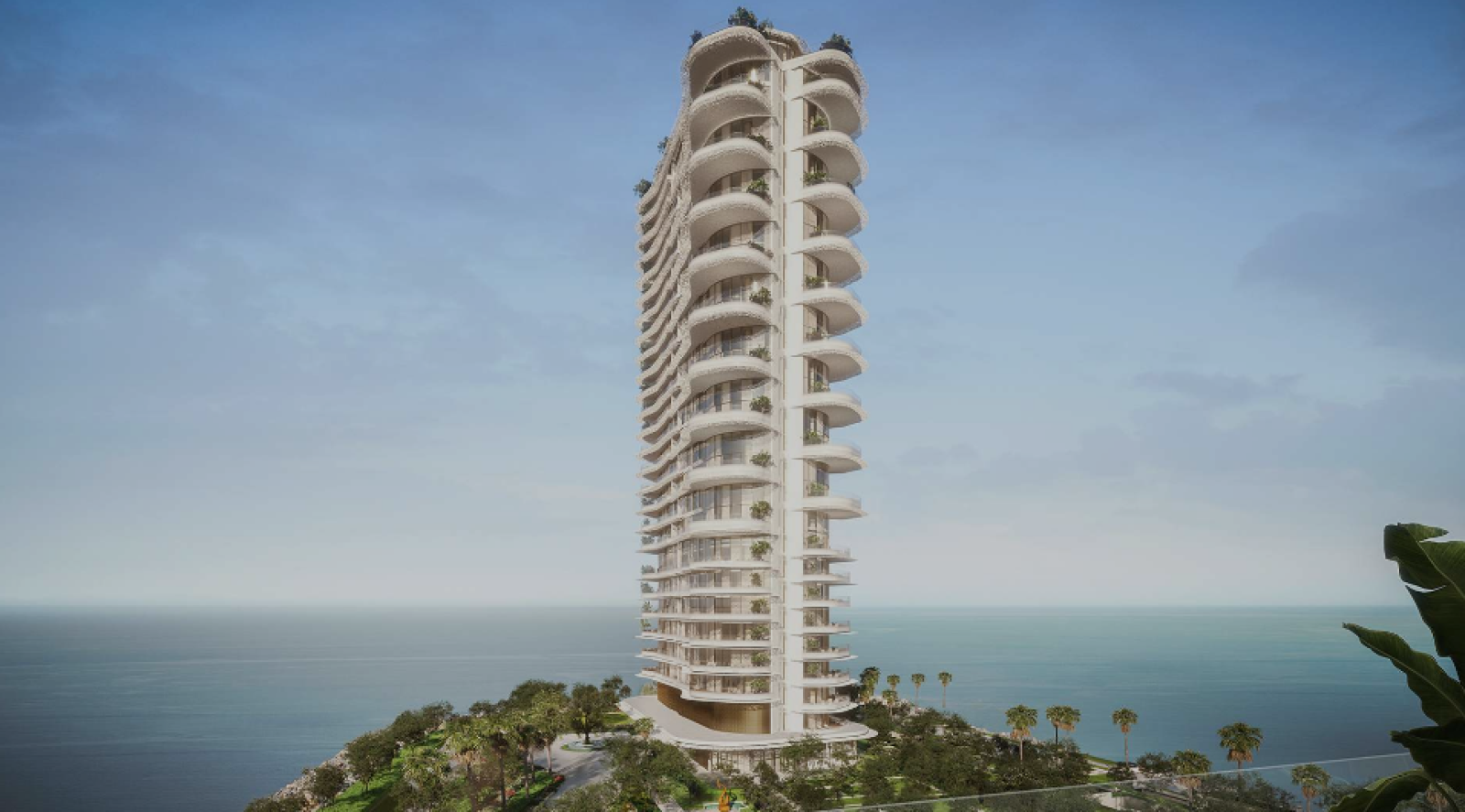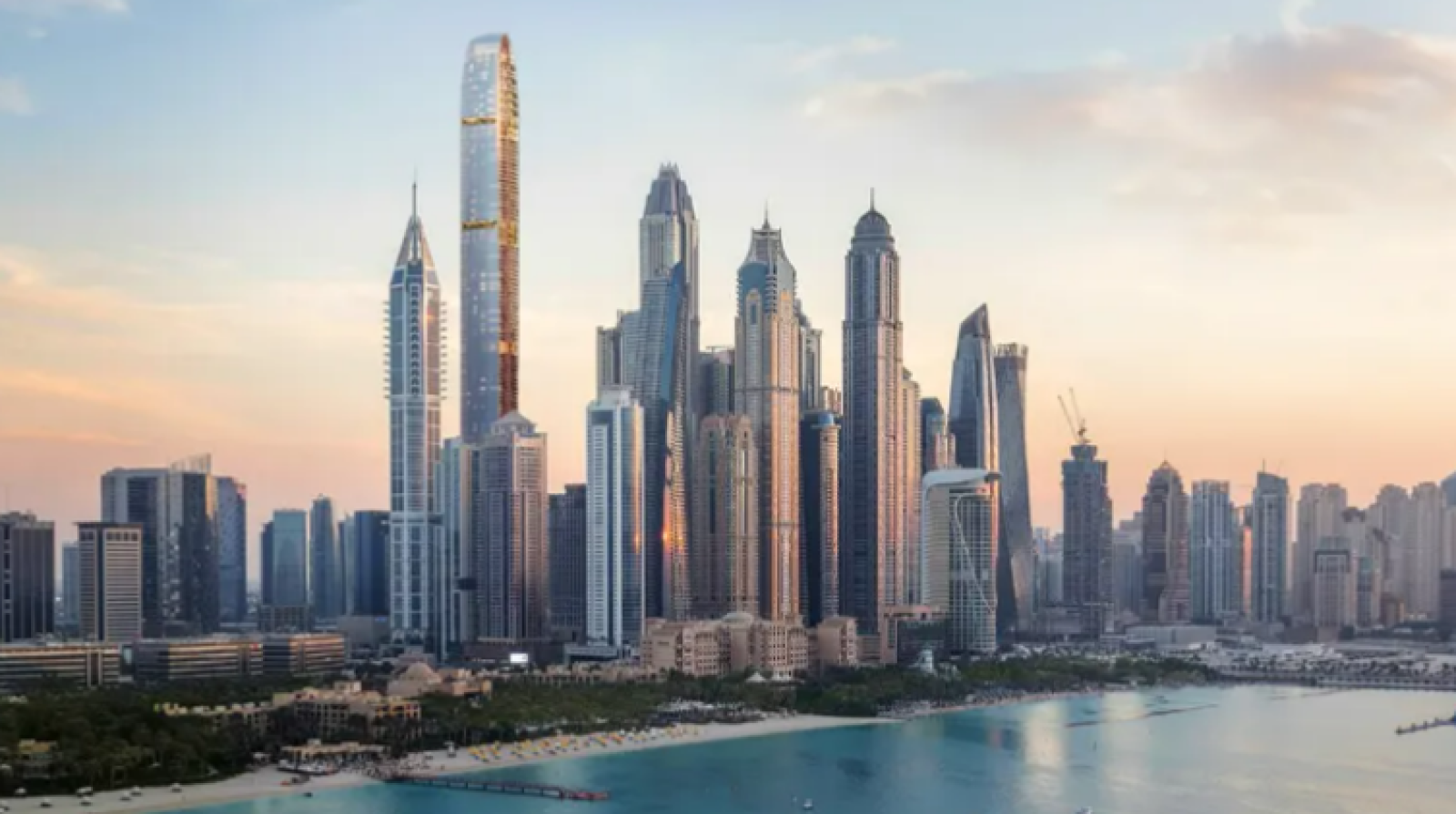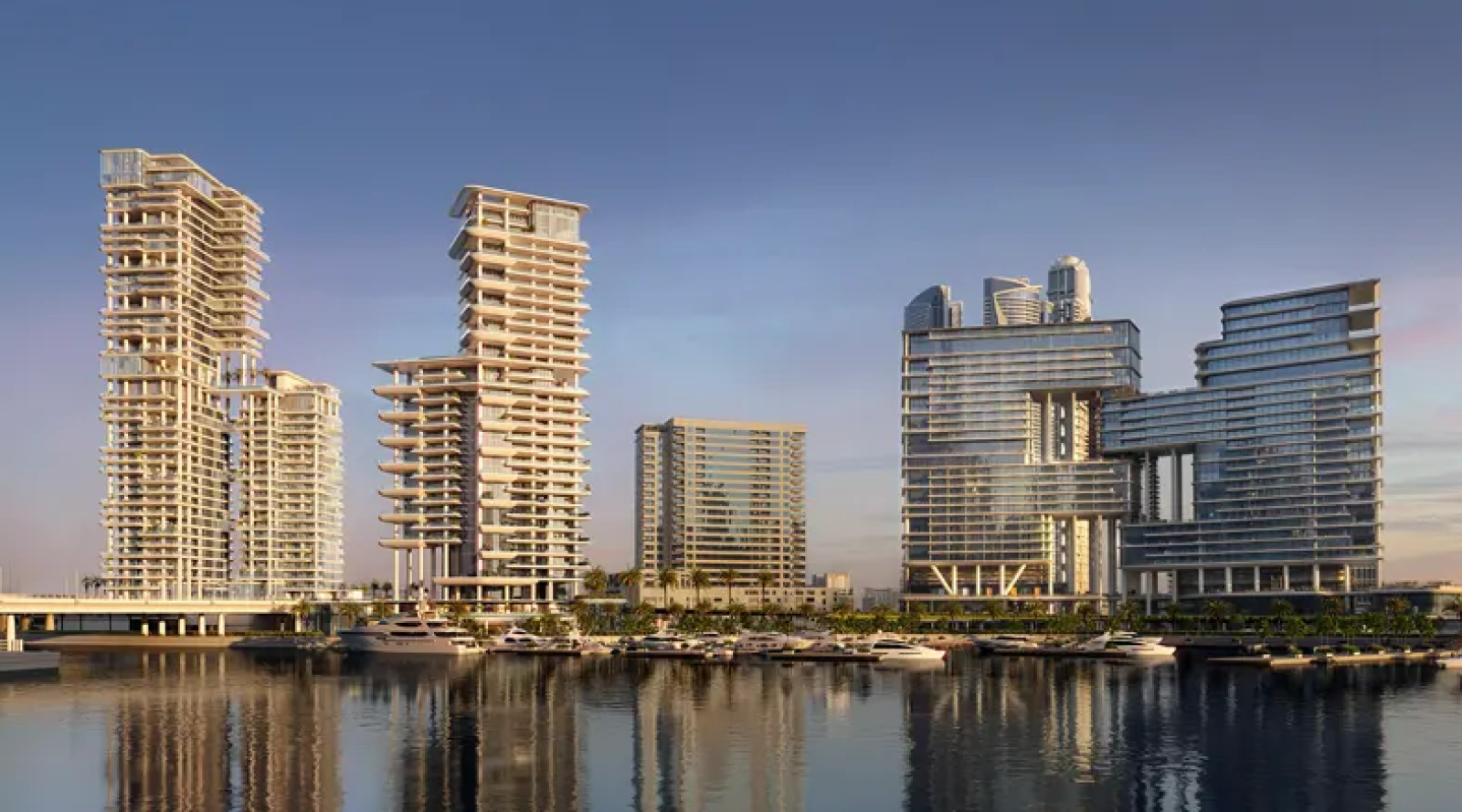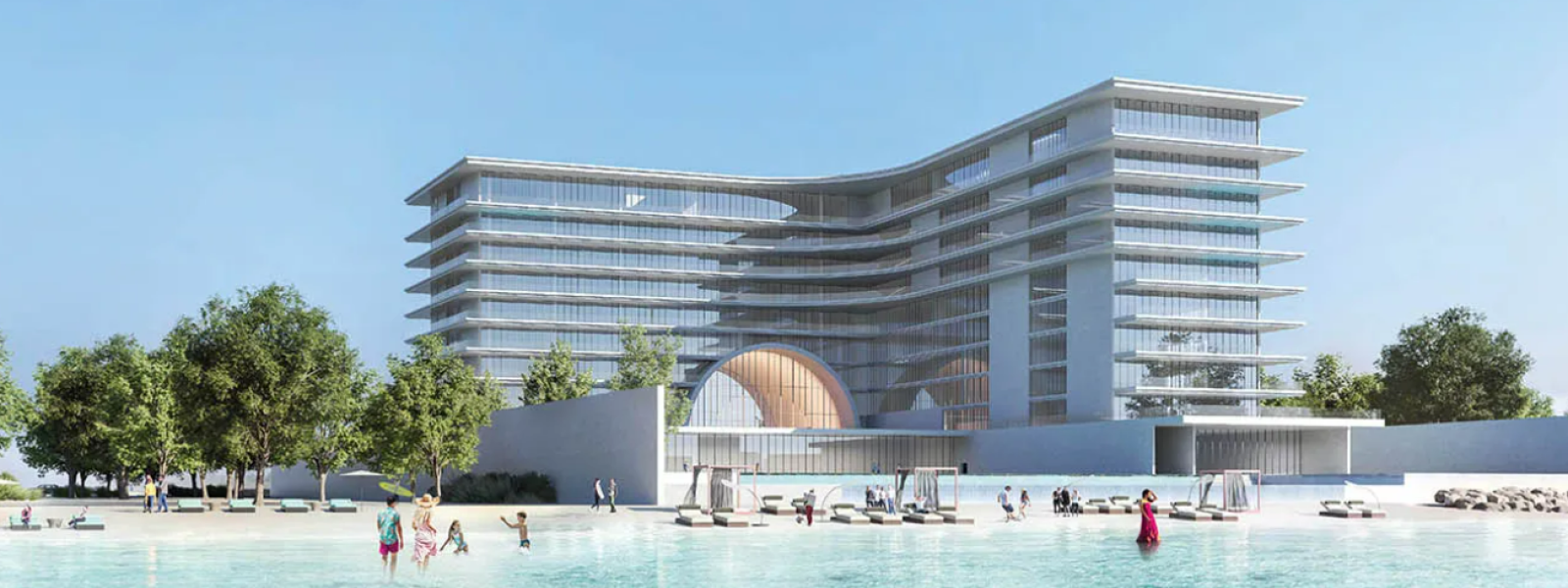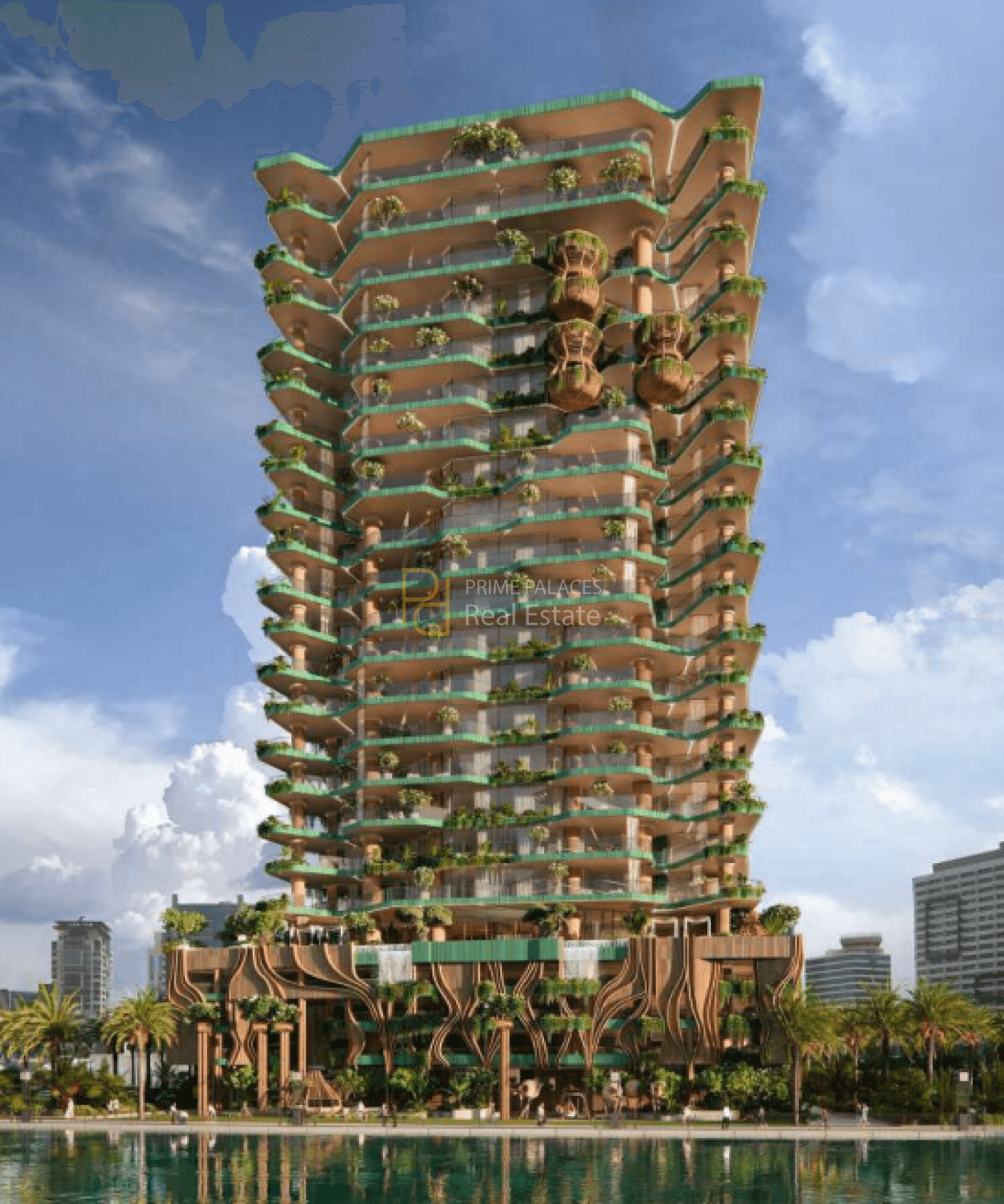How to Maximize Rental Income from Your Dubai Property
With consistent demand from residents, professionals, and tourists, Dubai continues to offer strong potential for rental income. Whether you own a ready apartment in Downtown or an off-plan unit nearing handover in JVC, applying the right strategy can help you maximize rental income from your Dubai property and unlock its full earning potential.
1. Choose the Right Property in a High-Yield Area
The first step in optimizing your rental returns is selecting a unit in a location with strong demand. Areas such as Dubai Marina, Business Bay, and Jumeirah Village Circle offer proven rental yields in Dubai, driven by tenant preferences for location, amenities, and connectivity.
While luxury zones attract short-term renters, emerging districts with lower purchase prices tend to deliver higher percentage returns. Understanding the balance between acquisition cost and achievable rent is key to successful property investment in Dubai.
2. Understand Market Dynamics and Set Competitive Prices
Your property’s pricing should reflect current demand, seasonality, and competition in the surrounding area. Overpricing can lead to prolonged vacancies, while underpricing diminishes profitability. Use rental portals, real estate consultants, and the RERA rental index to evaluate local trends.
Adjust your rent annually within legal limits—Dubai requires 90 days’ notice for changes and caps increases based on the RERA rental calculator. Smart landlords stay competitive while still protecting their rental income in Dubai.
3. Consider Furnishing for Short-Term Rentals
Fully furnished properties are increasingly in demand, especially among tourists, business travelers, and new expats. A well-designed, turnkey unit can justify a higher rent or even open the door to short-term leasing platforms like Airbnb.
If your building permits holiday rentals and your license is in place, consider positioning your unit as a serviced residence. These often deliver higher monthly rental income from your Dubai property, particularly in zones like Downtown Dubai and Palm Jumeirah.
4. Leverage Property Management Services
If you live abroad or lack time, a professional property manager can handle everything from tenant screening to rent collection and maintenance. While these services come at a cost, they help reduce vacancies, improve tenant satisfaction, and safeguard your asset long-term.
Effective management ensures compliance with Dubai’s real estate regulations, protects your investment, and can increase net income through efficiency and responsiveness.
5. Maintain the Property Proactively
A well-maintained property not only retains value but also attracts better tenants and faster occupancy. Attend to repairs quickly, repaint regularly, and upgrade interiors when needed. Small improvements—like updated lighting, appliances, or flooring—can result in a higher asking rent.
In Dubai’s competitive leasing market, presentation significantly affects rental income in Dubai, especially for units in older buildings where appearance becomes a key differentiator.
6. Choose the Right Lease Structure
Offering flexibility in lease terms—such as quarterly or monthly payment plans—can widen your pool of potential tenants. While the traditional four-cheque model is common, more landlords are offering six or even twelve-cheque options to stay competitive and reduce void periods.
In addition, evaluate whether a long-term or short-term rental strategy best fits your location, building type, and tenant demographic. Each option affects your cash flow, operational workload, and Dubai property market exposure.
7. Monitor Regulatory and Tax Changes
While Dubai currently imposes no income or capital gains tax on residential rentals, staying informed of future policy changes is vital. Regulatory compliance—particularly for short-term rentals—ensures that your leasing activity remains legal and uninterrupted.
Registering your property with the appropriate authorities, renewing permits, and following tenant dispute procedures all contribute to protecting and enhancing your real estate investment in Dubai.
8. Reinvest and Reposition Strategically
If your unit is consistently occupied and returning stable income, consider reinvesting in another property. Many landlords diversify by owning units in both central and up-and-coming districts. Others shift from long-term leasing to high-yield short-term rentals to further boost their passive income from Dubai property.
Track performance annually and work with a real estate advisor to identify repositioning opportunities, whether by upgrading, refinancing, or expanding your portfolio.
Dubai remains a landlord-friendly market with high occupancy rates, no rental tax, and strong tenant demand. By implementing the right strategies—from professional management to dynamic pricing—you can significantly maximize rental income from your Dubai property and grow your wealth in one of the world’s most resilient real estate ecosystems.

